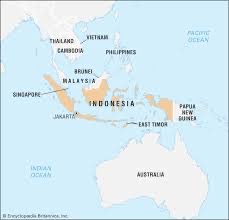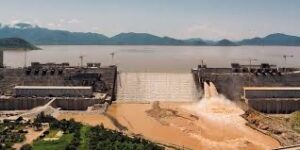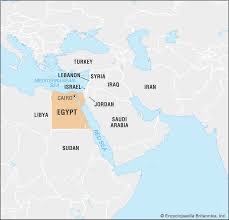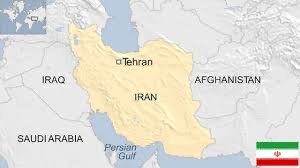Internationally, there is a gap between many states’ development, especially in the Global South. Because the United Nations promotes equality and peace amongst states internationally, the organization created seventeen Sustainable Development Goals (SDG) that serve as a guide for states’ individual steps toward peace, prosperity, and sustainability, especially in international connectedness and national improvement. Despite the SDGs prosperous purpose, however, international interference and circumstance oftentimes influences a state’s ability to achieve the SDGs, for better or for worse.
In my International Relations class at Dickinson College, students participated in an exchange program with students studying at the American University of Sharjah (AUS) in the United Arab Emirates (UAE). The exchange program required students from each respective university to collaboratively create a podcast discussing how the group’s assigned country incorporates two SDGs and also how that country struggles to achieve the two chosen SDGs. My group tackled Indonesia, focusing on SDGs seven (affordable and clean energy) and sixteen (peace, justice, and strong institutions).

In regards to SDG seven, Indonesia has implemented a plan to increase national renewable energy use by 2025. However, because the Indonesian government has a vested, monetary interest in unsustainable companies and resources, this plan is becoming increasingly difficult to achieve. For example, Persero, a state-owned Indonesian company, holds a monopoly on electric power distribution in Indonesia. Because Indonesia is heavily dependent on coal and oil for energy and other uses, Indonesian officials who have invested interest into Persero influence the company to take unsustainable actions, including denying approval for renewable energy options like solar energy panels because outsourcing other energy options poses a threat to Persero’s revenue. Here, it is apparent that Indonesia’s internal corruption, which should be addressed via SDG sixteen serves as a threat to its collective ability to achieve SDG seven.


Similar to Indonesia, Egypt faces a reality in which corruption within its government’s institutions challenges the state’s ability to achieve SDG six (clean water and sanitation). Throughout its history, Egypt has relied on the Nile River for its water supply. However, when Ethiopia built the Grand Ethiopian Renaissance Dam (GERD) in 2011, the essential water reservoir was threatened. As a result, competition for water resources within Egypt surged, thereby hurting Egypt’s climb toward economic stability, especially because a major trade route was blocked due to the GERD’s location on the Nile River. This economic hit coupled with the environmental disaster effectively hindered Egypt’s ability to achieve SDG sixteen as well, seeing as the amplified stress that the GERD created activated pressure on the already relatively corrupt government. Therefore, Egypt, which is viewed as one of the more stable states in Africa and the Middle East, faces the the possibility that its progress could be reversed.


In regards to SDG sixteen, Indonesia has implemented some policies to combat corruption and both enhance transparency and equality. However, the government’s ignorance toward ongoing human rights violations against the indigenous population in the West Papua region poses a threat toward Indonesia’s ability to achieve SDG sixteen. However, international pressure on the Indonesian government has seen Indonesia take some accountability, no matter how minor, for its lack of action; in this case, international support has aided Indonesian efforts toward achieving an SDG. Similarly, Iran promotes gender inequality, especially as women are discouraged from entering the workforce, and, when they do, are paid 18% of what their male counterparts are paid. Here, gender inequality amongst other rampant human rights violations and minority inequity throughout Iran is put under the spotlight internationally. However, because of the negative media surrounding the Iranian Nuclear Deal, Iran has faced some international backlash which has actually hindered its efforts toward achieving any of the SDGs; as Iran continues to generate negative attention, fewer states are open to having an economic relationship with Iran, thereby hurting Iran’s economic stability. Consequently, the Iranian government is distracted from implementing the SDGs.
International affairs hold significant weight when it comes to domestic politics and development. Through Indonesia, Egypt, and Iran, it is clear that international support can both inhibit and encourage action toward completing any of the SDGs.
Leave a Reply